Franz Schubert MBTI 성격 유형
인격
"Franz Schubert은 어떤 성격 유형입니까? Franz Schubert은 mbti의 INFP 성격 유형입니다. enneagram의 4w5 - sp/so - 649, big 5의 RLUAI, socionics의 EII입니다."
His music is what really makes us feel at home, that it even strikes the heart of the cold. He puts his music into a vision, as if it puts us into an adventurous dream. As one of his most famous quotes said "I try to decorate my imaginations as much I can". He composes in a trance, fast and prolifically, with two songs per day or some chamber music. He once told to himself "I am composing like a god, as if it simply had to be done as it has to be done." His output consists of 1500 instrumental music and 600 songs in just 31 years of his life. He almost lived entirely with his friends throughout his life and sustained him a financial and rental support, in exchange of his piano performances that they famously called as 'Schubertiade'. His mundane jobs like teaching in an academic school irks him. His views in music are sharp and on-point but he wasn't a public speaker. He was exceptionally shy that after these restless performances he would hide himself backstage to regain his energy or he would rather chooses to be overshadowed by the singer standing beside him. He didn't even have the courage to tell his feelings straight to his crushes. His life and personality somehow relates to me in a way, like a twin in our souls.
전기
Franz Peter Schubert (31 January 1797 – 19 November 1828) was an Austrian composer of the late Classical and early Romantic eras. Despite his short lifetime, Schubert left behind a vast oeuvre, including more than 600 secular vocal works (mainly Lieder), seven complete symphonies, sacred music, operas, incidental music and a large body of piano and chamber music. His major works include the Piano Quintet in A major, D. 667 (Trout Quintet), the Symphony No. 8 in B minor, D. 759 (Unfinished Symphony), the three last piano sonatas (D. 958–960), the opera Fierrabras (D. 796), the incidental music to the play Rosamunde (D. 797), and the song cycles Die schöne Müllerin(D. 795) and Winterreise (D. 911).
인격 correlate
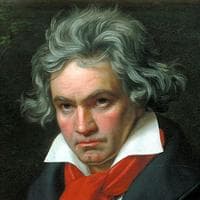
Ludwig van Beethoven

Fryderyk Chopin
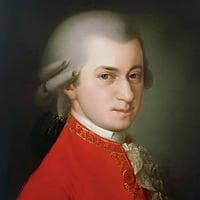
Wolfgang Amadeus Mozart
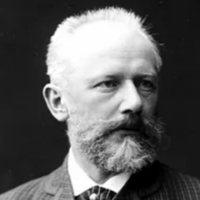
Pyotr Ilyich Tchaikovsky
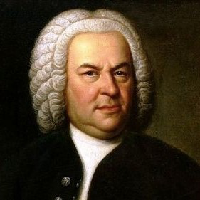
Johann Sebastian Bach
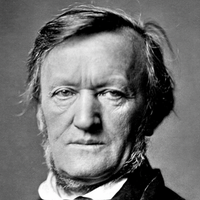
Richard Wagner

Franz Liszt
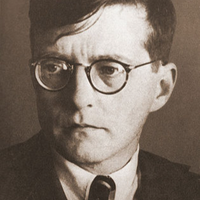
Dmitri Shostakovich








